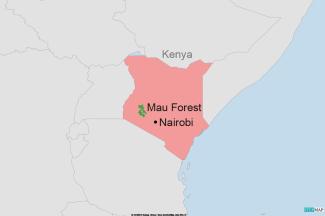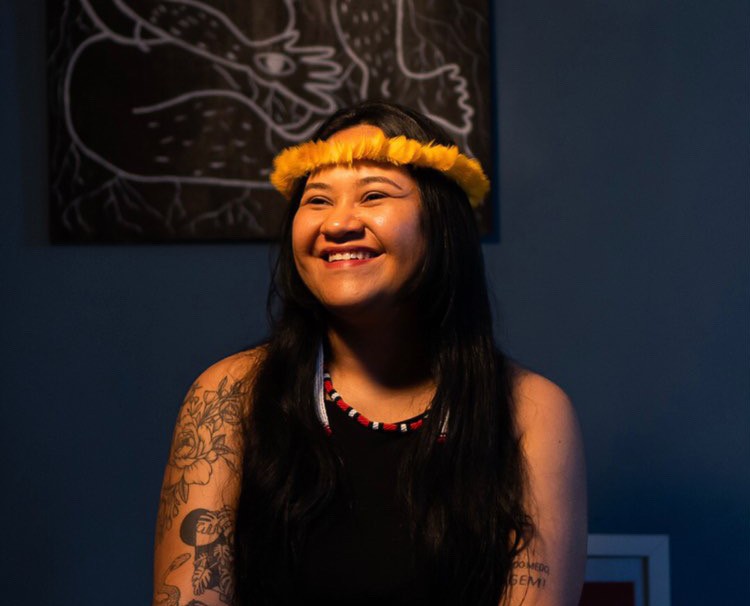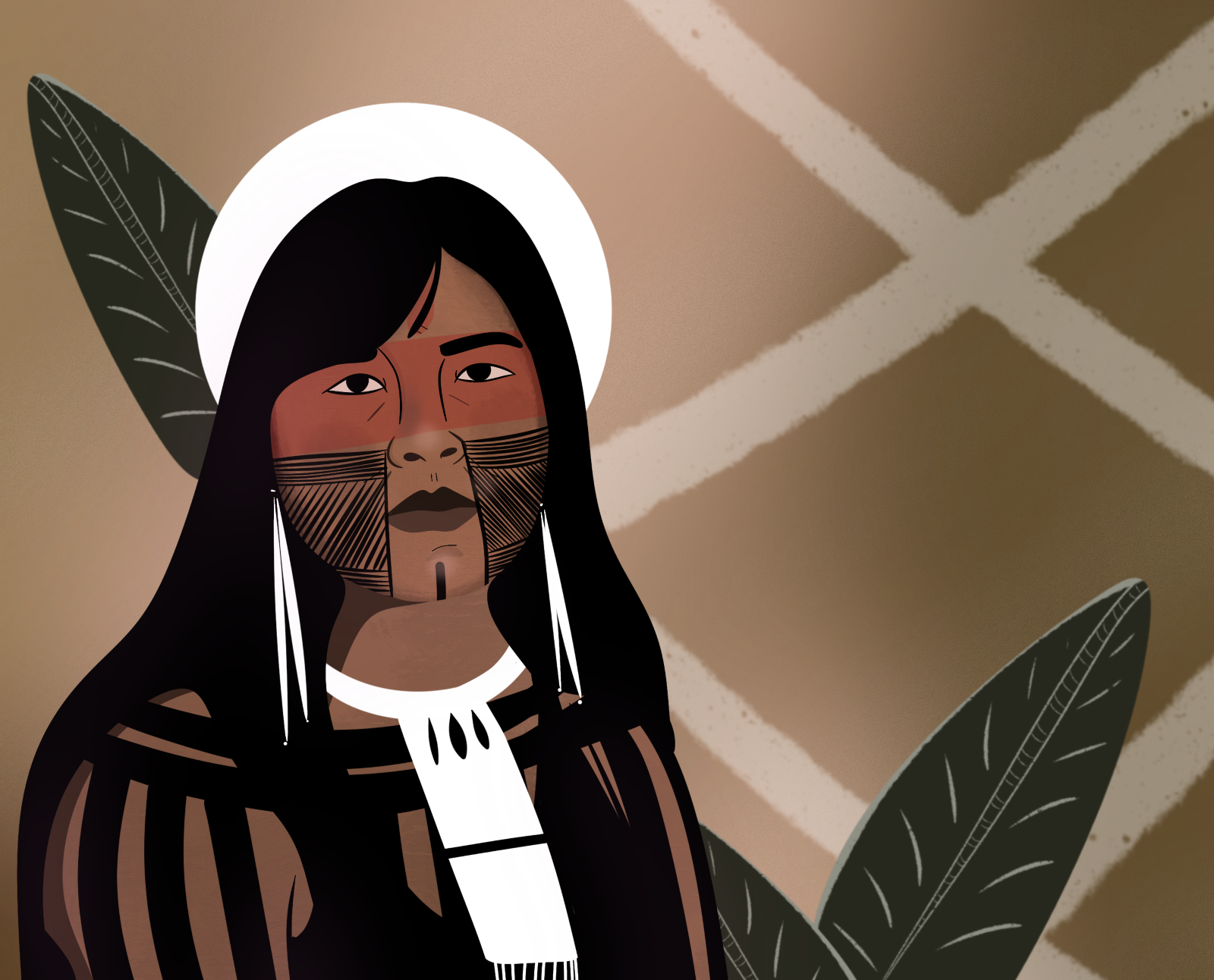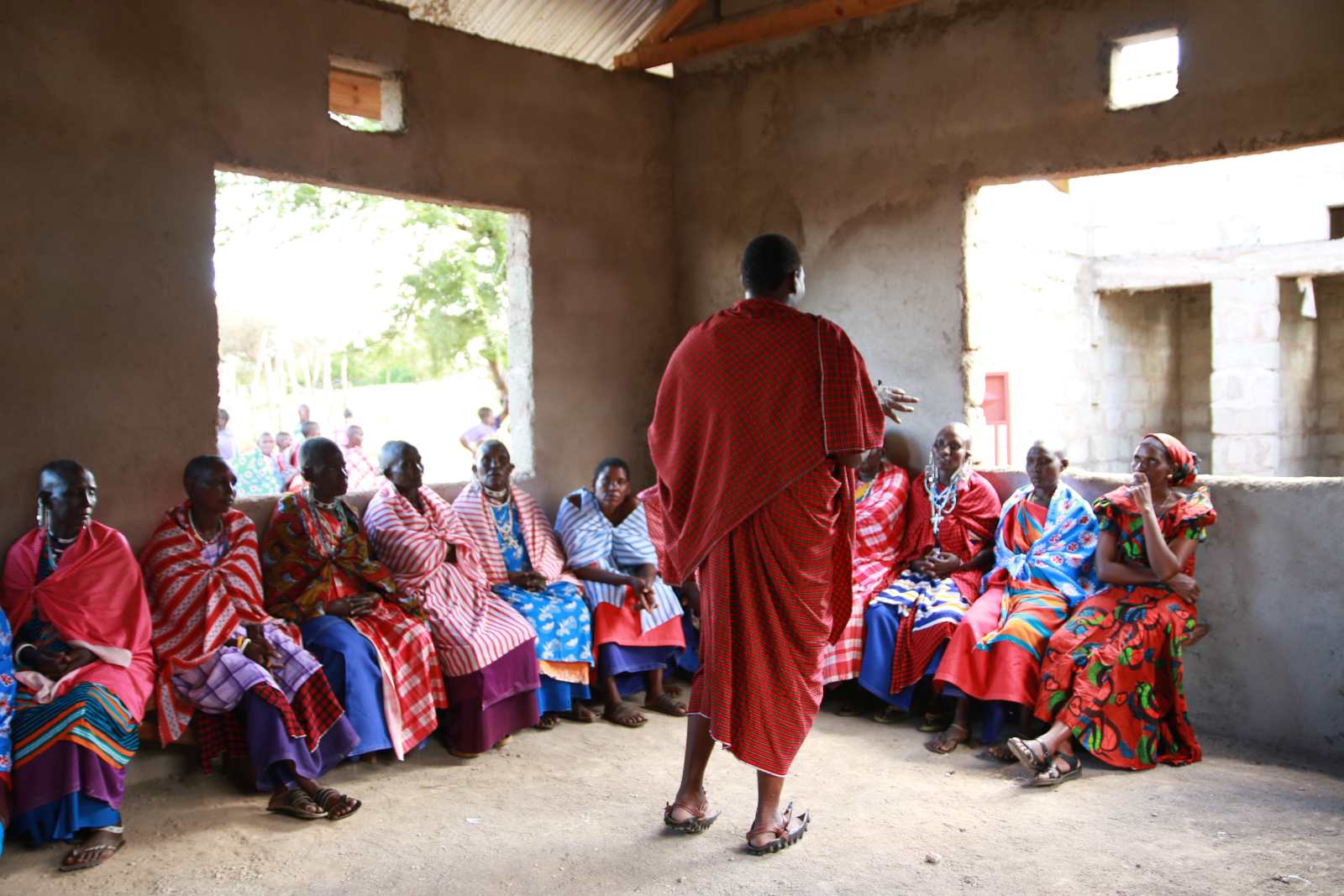Human-rights abuse
Evicting indigenous people

In an ambitious plan to protect forest habitats and contain the climate crisis, President William Ruto plans to resettle indigenous people living in forest areas. In 2023, Ruto affirmed his commitment to protecting the Mau Forest complex, the largest indigenous montane forest in East Africa which is one of the country’s major sources of water.
The move was tailored to protect the forest from illegal encroachment and destruction of the forest ecosystem. Following the president’s directive, the Kenyan government evicted the Ogiek people from the Mau Forest in November 2023. This was done, despite a court ruling that had upheld the Ogiek’s right to live in the forest.
Even more appalling was the harsh way in which the evictions were executed. The government deployed armed forest rangers and wildlife-security officers to destroy the homes of the forest communities. They tore down homes and displaced families, forcing them to move into makeshift shelters.
The Ogiek, a relatively small tribe comprising 30,000 members, most of them residing in the Mau Forest, are recognised as a crucial part of the forest’s ecosystem. They are a hunter-gatherer community, which has lived in the forest for centuries.
“We believe that since Mau Forest is our home, we have the right to live in the Mau and practice our way of life. We also have a collective responsibility to protect and conserve it,” states the Ogiek Biocultural Community Protocol, which articulates the ideals of the community. The protocol explains that the word “ogiek”, in the same language, means “caretaker of all” plants and animals.
“We have always been among the most responsible stewards of forests owing to our historical links and attachment to it. Our relationship with the forest is essential to our way of life and ultimately our survival. We attach cultural values and beliefs in the protection, conservation and utilization of the resource,” the protocol goes on.
After lengthy litigation pitting the Ogiek and the Kenyan authorities, the African Court on Human and People’s Rights found that Kenya had violated the Ogiek’s rights by expelling them from their ancestral lands. The state was ordered to find appropriate ways to forestall future rights violations.
Despite this, the state has forged ahead with its plans and violated the ruling of the court. Human-rights groups and members of the community have condemned the move. The Kenya Human Rights Commission (KHRC) has implored the Kenyan government to implement the African Court’s judgment in the Ogiek case, which reiterated their claim to the forest lands.
The Ogiek feel helpless. “We are living in absolute fear. We are saying that the government, being signatories of the African Charter, should respect the rule of law,” said Daniel Kobei, the Executive Director of Ogiek Peoples’ Development Program (OPDP). It is uncertain how the matter will proceed.
Link
Ogiek Bio-Cultural Community Protocol (BCP):
https://naturaljustice.org/wp-content/uploads/2021/11/Ogiek-Bio-Cultural-Protocol.pdf
Joseph Maina is a freelance writer based in Naivasha, Kenya.
mainajoseph166@gmail.com














